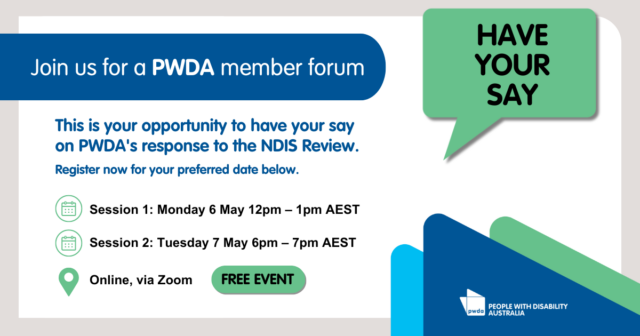New data shows almost half of Australia’s businesses are paying super on parental leave scheme as more employers take concrete steps towards bridging the gender super gap.
But the federal government is increasingly becoming the outlier as it does not pay super on its parental leave scheme, a super sting that has already cost working mothers $1.6 billion from their retirement savings.
Industry Super Australia (ISA) today welcomed the publication of new data from the Workplace Gender Equality Agency (WGEA) on how many employers offer super on their parental leave scheme – something ISA has been calling for.
The new WGEA data will be a vital resource to show how Australian businesses are helping to bridge the gender savings gap.
It found that 49% of employers in its database – companies with more than 100 staff – pay super on their parental leave scheme. About 80% of those businesses that offer paid parental leave pay super as well.
About 7% of employers who pay parental leave also pick up the government’s slack and pay super to employers while they are on government-funded parental leave.
It’s now time for the government to follow the example of almost half of Australia’s businesses and pay super on its own scheme.
It is overwhelmingly women taking Commonwealth parental leave – 99.5% compared to just 0.5% of men and while more businesses now pay parental leave there are still millions of women who just get the government scheme.
Up to 1.45 million mothers have received Commonwealth Parental Leave Pay in the last 10 years, but while they took time out of paid work to raise children, they sacrificed thousands in retirement savings. In the 2019-20 financial year alone 170,860 women missed out on $216.7 million in super payments.
Not paying super on government parental leave can cost a working mother of two up to $14,000 from her final nest egg, losing these retirement savings is contributing to the gender savings gap.
If the government made a modest payment of super linked to the Commonwealth’s 18-week paid parental leave scheme – paid at minimum wage and available to most working mothers – it would be an important equity measure to ensure women’s savings keep pace and encourage more employers to do the same.
Women continue to retire with about a third less super than men and elderly women are the fastest growing homeless cohort in the country.
Comments attributable to Industry Super Australia Advocacy Director Georgia Brumby:
“Thanks to this WGEA data we now know that more employers are now doing their bit to bridge the gender super gap but there is still more work to be done.”
“Unfortunately, the federal government is lagging and needs to follow the example of our best employers and pay super on its parental leave scheme.”
“This is an opportunity for the Prime Minister to show he is serious about women’s economic security. Without action now the gender gap will persist for decades and too many women will continue to retire into poverty.”
Table 1: Forgone super payments from super not being included in Commonwealth Paid Parental Leave:
January 2011 to June 2020 | 2019-2020 | ||||
Applicants | Lost super ($M) | Applicants | Lost Super ($M) | ||
Females | 1,451,300 | 1,623.5 | 170,860 | 216.4 | |
Males | 7,300 | 8.2 | 860 | 1.1 | |
Persons | 1,458,600 | 1,631.6 | 171,710 | 217.5 | |






